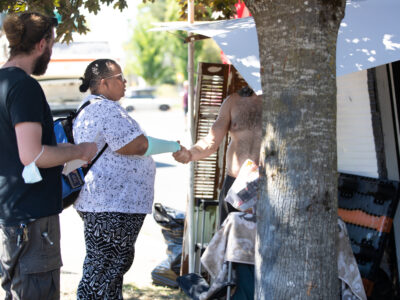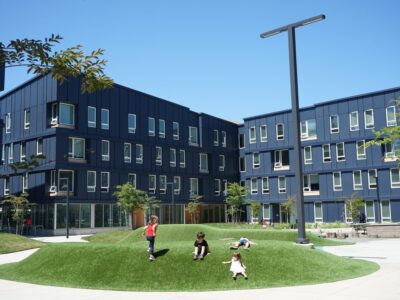An Effort to End Homelessness
Housing's Central Role
Introduction
Unaffordable housing is a leading cause of homelessness — even as factors such as stagnant incomes, inadequate safety net benefits, lack of behavioral health resources, COVID-19, and systemic racism and discrimination also contribute. That’s why, as we expand shelter and outreach, we remain committed to lowering barriers to housing.
Barriers To Housing
Many people in our communities face barriers to finding and staying in housing. The biggest barrier is an affordable housing shortage that’s paired with rising rents, increased housing costs, and stagnant wages and federal benefits.
People also face additional barriers including racism and discrimination against BIPOC, immigrant, and LGBTQIA2S+ people, limited incomes, limited rental histories, prior evictions, late utility payments, debts from property damage, or criminal histories.
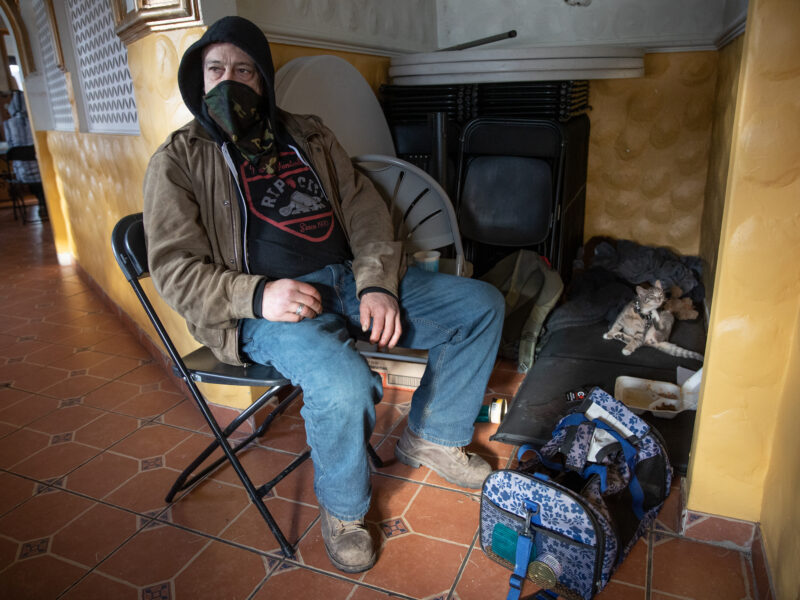
Creating Affordable Housing Opportunities
The JOHS works to ensure as many people as possible who need housing can access it. We achieve this by:
-
Providing rent subsidies so people leaving homelessness can better afford homes that already exist in our community.
-
Supporting partners who build affordable apartments. We add services and subsidies to provide supportive housing.
Housing Placement & Retention
Housing first never means housing only. Housing placement and retention are about helping people find the housing option that is right for them, then making sure they have access to services that help them stay housed.
Programs include supportive services for housing access, stability and retention; preventing homelessness through rapid access to rent assistance and legal services; and providing access to workforce development to help increase household incomes.
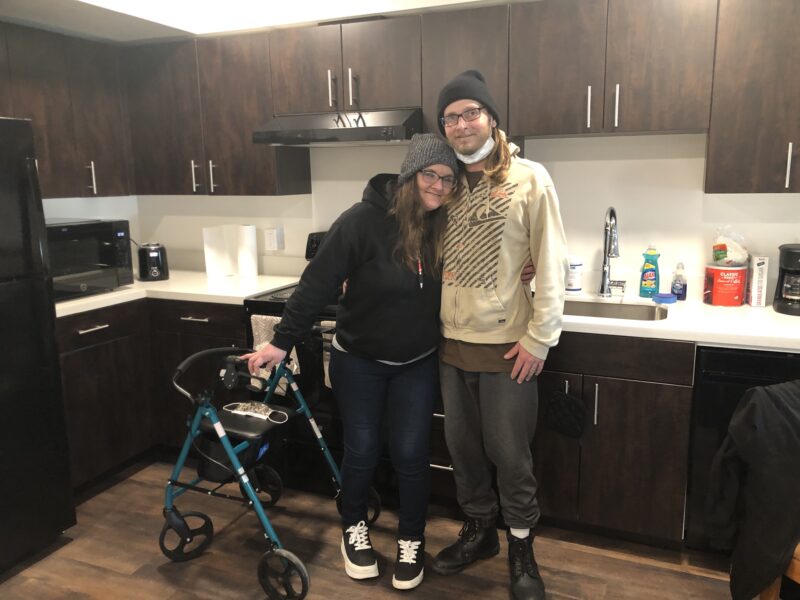
Supportive Housing Solutions
Supportive housing solutions are key to housing placement and retention. Supportive housing is a lifeline for people experiencing chronic homelessness, especially those who interact with the behavioral health and legal systems.
By combining access to affordable housing with wraparound services, supportive housing provides stability, reduces reliance on emergency health services, reduces the likelihood of returning to homelessness, and improves overall quality of life.
Data supports the need for wraparound services and long-term housing interventions and also shows that they see fewer avoidable emergency department visits, inpatient psychiatric stays and jail bookings.
Our Housing Goals
Supportive Housing
The JOHS goals and approaches for creating new affordable housing units follow the Multnomah County Local Implementation Plan (LIP). We are working to create over 2,350 new supportive housing units/homes over a 10-year period, and we aim to place an additional 2,500 people in supportive housing or rapid rehousing programs annually, once the Measure is fully implemented.
Rent Assistance Programs
We’re working to simultaneously provide immediate assistance while we support partners who create long-lasting solutions. Providing rent assistance and subsidies keeps our neighbors housed, right now.
New Housing Projects
Learn about new or upcoming affordable housing projects in the community where JOHS funds are providing supportive housing.
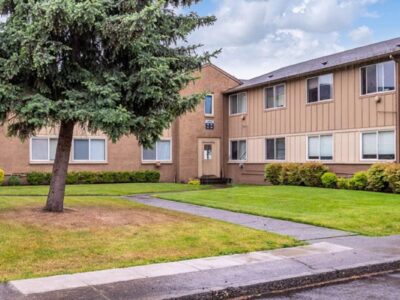
Ellington Apartments
Permanent Supportive Housing and Homeless Preference units for families
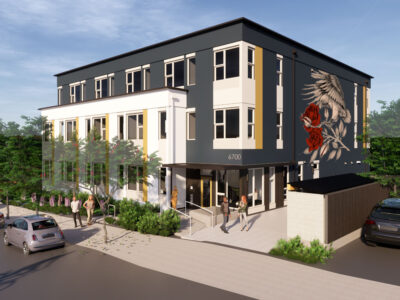
Breitung Building
Permanent Supportive Housing units for veterans
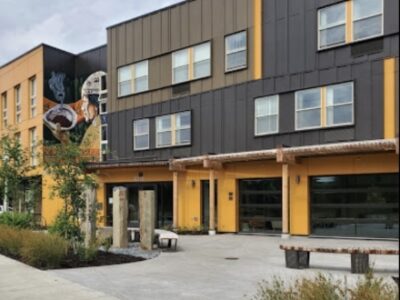
Nesika Illahee
Culturally-specific housing supporting the Native American community
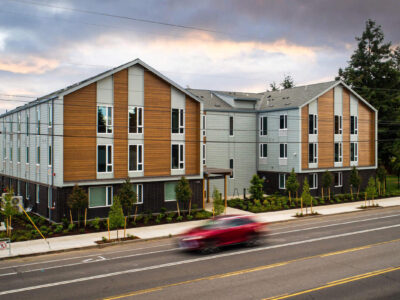
Cedar Commons
Permanent Supportive Housing units for the general homeless population
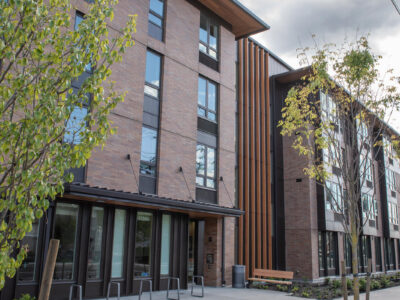
Crescent Court
Permanent Supportive Housing units for families.
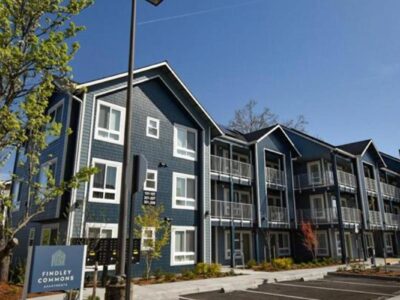
Findley Commons
Permanent Supportive Housing units for veterans.
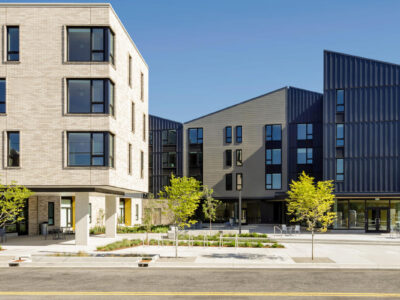
Renaissance Commons
Permanent Supportive Housing units for the general homeless population.
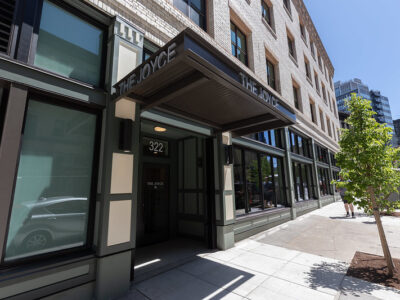
The Joyce
66 Permanent Supportive Housing units, opened Spring 2023.
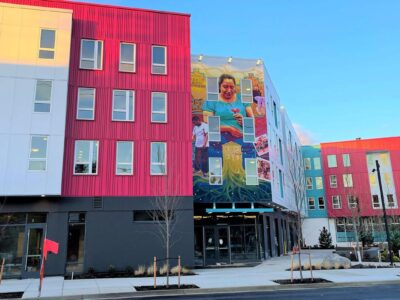
Las Adelitas
142 Affordable Units (18 of which are Permanent Supportive Housing) - opened in Fall 2022.
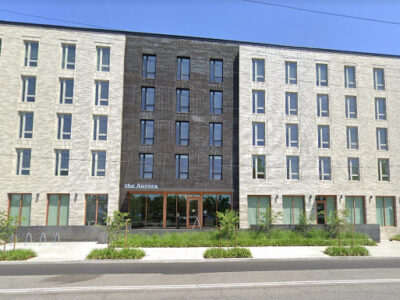
The Aurora
93 Affordable Units (including 16 Supportive Housing Services).




